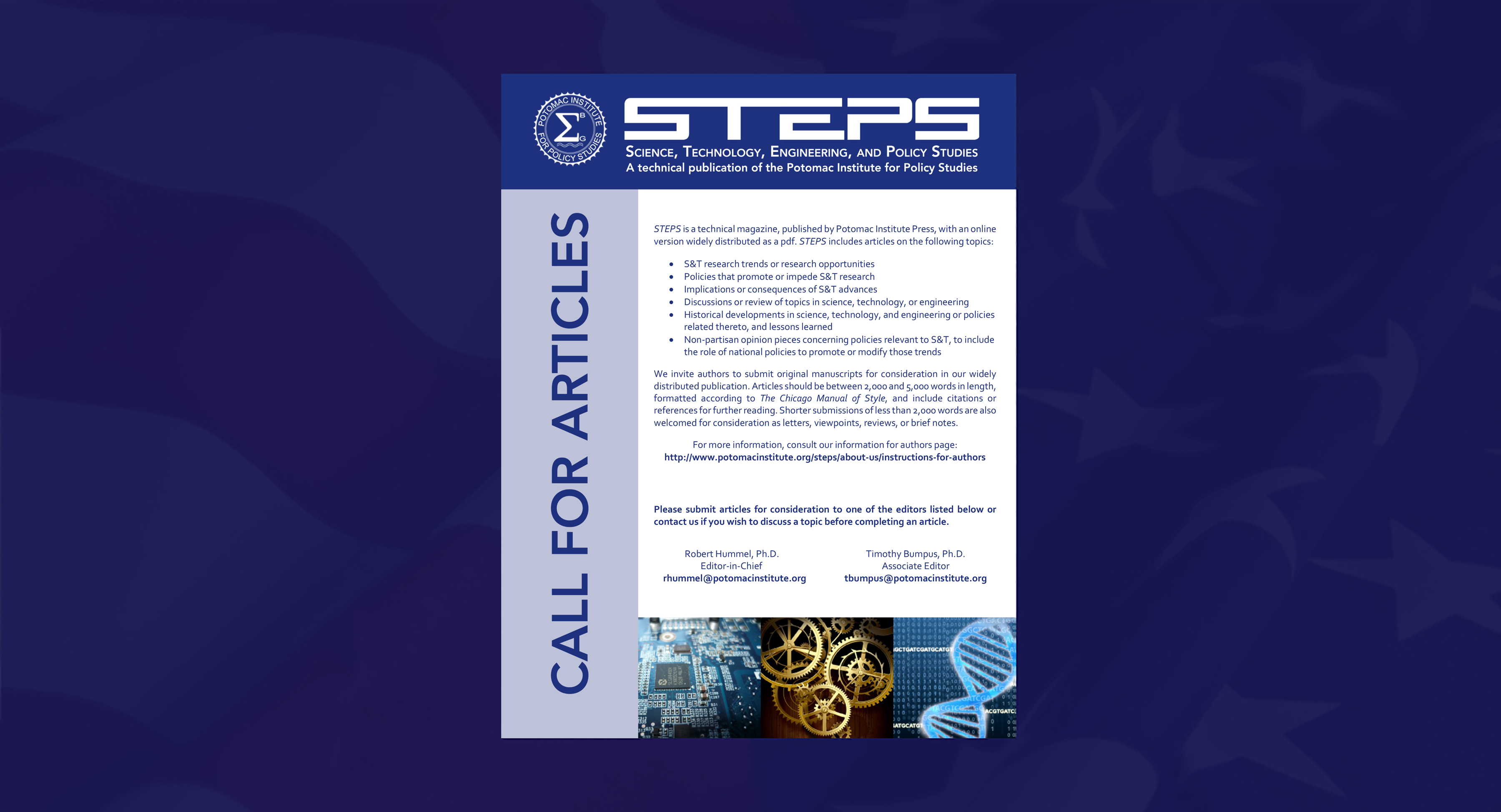HEADLINE: H1N1 virus' death toll as high as 17,000, CDC estimates
SUMMARY: The Centers for Disease Control and Prevention says about 17,000 have died from H1N1 infection and the majority of victims were 18 to 64 years old. By contrast, of the approximately 36,000 people in the United States who die from seasonal flu each year, 90 percent are age 65 or older. According to the report released Friday, about 57 million people have been infected with H1N1 and 257,000 cases resulted in hospitalizations. Health officials continue to urge people who haven't received a vaccination to do so.
STORY LINK: http://www.cnn.com/2010/HEALTH/02/12/h1n1.deaths/index.html?hpt=Sbin
ANALYSIS: There is a persistent perception that the H1N1, “Swine Flu” pandemic fizzled out; that warnings were overblown and the danger really never materialized. Yet the numbers tell another story concerning risk perception, prevention, and pervasive “disaster denial.” Consider these numbers placed in a different context. The 17,000 lives is equivalent to the entire undergraduate population of Yale, Harvard, and Princeton Universities combined. When added to the roughly 36,000 people who annually succumb to the seasonal strain, the United States will lose the equivalent of the entire population of Cheyenne, Wyoming to flu this year. The number of people who have died from H1N1 is nearly six times greater than the total casualty count of 9/11.
These comparisons are revealing, as they illuminate a curious willingness to assume risk and the inevitable adverse outcomes rather than undertake proven and prudent precautions; such as immunization in the case of influenza. This begs the question, then, concerning self, family, community, and business: are you as prepared as you could be? As you should be? It is unlikely that anyone actually plans on being the victim of a disaster. Sadly, neither do we typically plan for NOT becoming a victim. In essence, failure to plan for survival charts a course to the contrary. The tools for creating a Culture of Preparedness exist; all they need is the will be implemented.
-Donald Donahue, DHEd, Director of the Potomac Institute for Policy Studies' Center for Health Policy and Preparedness

















